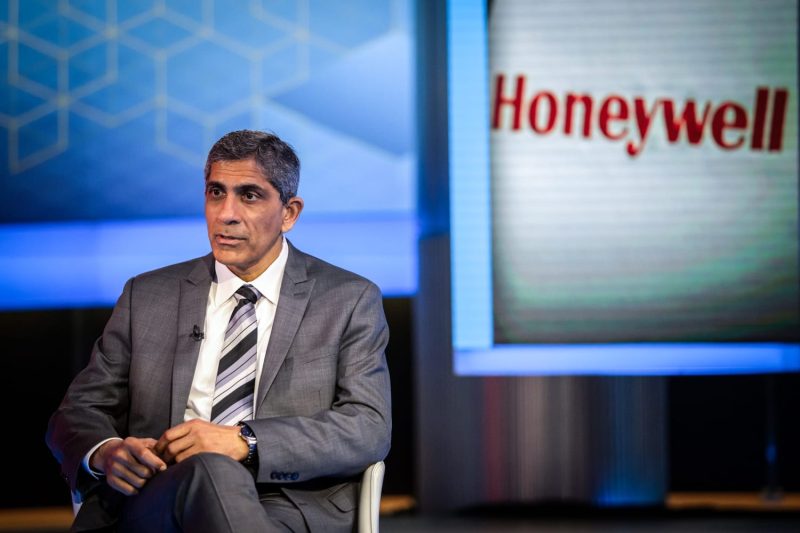In a recent interview with Honeywell CEO Vimal Kapur, the discussion centered around the impact and expectations of artificial intelligence (AI) in the productivity landscape. Kapur provided valuable insights on why he believes the real payoff from AI may not solely stem from productivity gains. Instead, he emphasized the importance of looking beyond traditional metrics of success to unearth the true potential of AI in driving innovation and enhancing customer experience.
One of the key points Kapur raised is the transformative potential of AI in reshaping business models and fostering a culture of continuous improvement. While productivity gains are undoubtedly a crucial aspect of AI implementation, the true value lies in leveraging AI to drive fundamental changes in how businesses operate and deliver value to customers. Kapur’s vision aligns with a broader trend in the industry, where forward-thinking companies are increasingly using AI to reinvent their processes and offerings, rather than just optimizing existing operations.
Moreover, Kapur highlighted the significance of agility and adaptability in the face of technological disruption. He emphasized the need for organizations to stay nimble and constantly evolve in response to changing market dynamics and consumer preferences. By harnessing the power of AI to gain real-time insights and anticipate market shifts, companies can proactively position themselves for success in an increasingly competitive landscape.
Another crucial aspect of Kapur’s perspective on AI is the emphasis on human-machine collaboration. Rather than viewing AI as a replacement for human workers, Kapur sees AI as a complement to human capabilities, enabling employees to focus on higher-value tasks that require creativity, critical thinking, and emotional intelligence. This human-centric approach to AI adoption not only enhances employee job satisfaction but also drives innovation and opens up new avenues for growth.
Furthermore, Kapur stressed the importance of ethical AI deployment, emphasizing that responsible use of AI is paramount in building trust with customers and stakeholders. By ensuring transparency, fairness, and accountability in AI algorithms and decision-making processes, companies can mitigate potential risks and foster a culture of ethical innovation.
Overall, Vimal Kapur’s insightful perspective on AI underscores the need for organizations to adopt a holistic approach to AI implementation. By focusing on driving innovation, fostering agility, promoting human-machine collaboration, and upholding ethical standards, companies can unlock the full potential of AI beyond traditional productivity gains. As the business landscape continues to evolve, embracing AI as a transformative force rather than just a productivity tool will be essential for staying ahead of the curve and delivering value in the digital age.

